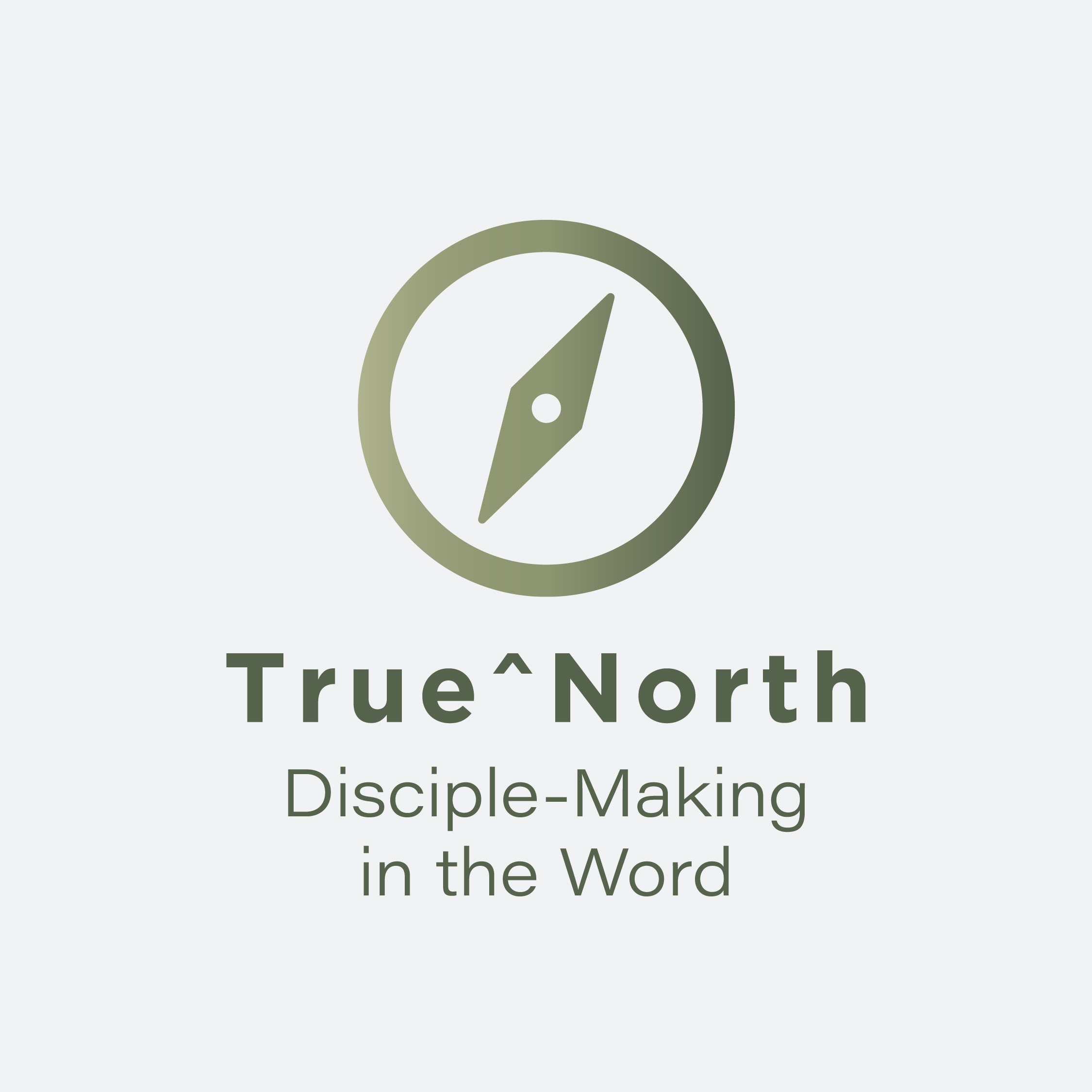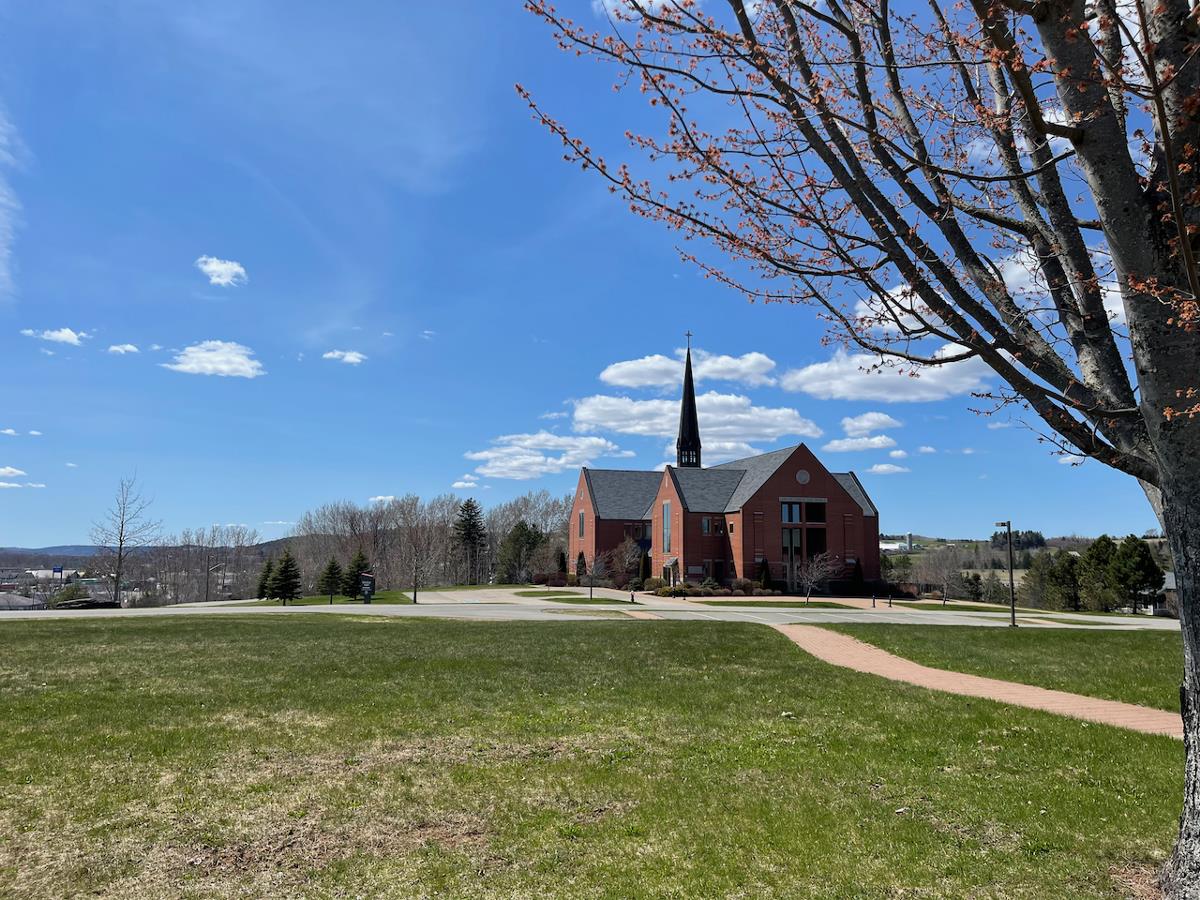
29 Courses
P401: Special Needs Practicum Term 1 2025-2026
Participant will be involved in working with the physically and mentally challenged in a ministry context.
P391: School Tutor Term 1 2025-2026
Participant will have an opportunity to gain experience through tutoring children and teens. Prerequisite: (CSE 101) Introduction to Teaching.
P335: Adult Small Group Leader/Teacher Term 1 2025-2026
Participant will conduct a small group in which the Bible, or a subject based on the Bible, is studied for growth, fellowship, and service, and prayer concerns are shared, and a ministry of intercession practiced.

BT200: Inductive Bible Study Term 1 2025-2026

BT510: Survey of the Bible Term 1 2025-2026
This course is a comprehensive survey of the whole Bible, intended to meet the prerequisites for taking further study at the graduate level.
COUN501: Foundations in Clinical Mental Health Counselling Term 1 2025-2026
This course provides an examination of selected theories of counselling and psychotherapy, including empirically supported treatment modalities. Students will also increase their awareness of their role and presence within the counselling process.

COUN607: Theory & Techniques in Group Counselling Term 1 2025-2026
This course enables students to understand the types of groups, their purpose, development of dynamics, counselling theories, and group counselling methods and skills. Ethical and legal considerations are also explored. Students are required to participate in small groups for educational and self-assessment purposes.

COUN611: Addictions Assessment & Intervention Term 1 2025-2026
This course provides students with an understanding of assessment for addiction and effective addiction counselling interventions from individual, relational, and systems perspectives.
COUN670: Practicum Term 1 2025-2026
This course consists of 100 hours of supervised practice of counselling capitalizing upon the skills and development of the counselor under the supervision and guidance of staff in that setting. Students will actively participate in counselling situations with individuals and groups. Normally the 100 hours will be completed in a two-month (one term) period.

COUN690: Internship I Term 1 2025-2026
This course is designed to provide students with 300 hours of supervised experiences that reflect the activities of a regularly employed professional in the field of counselling. Under the guidance of faculty and supervisors, the primary focus of this internship is to help students develop the knowledge, skills, and dispositions required for ethical and competent practice as a counsellor. Normally the 300 hours will be completed in a six-month period. Student should not be enrolled in course work at the same time as an internship placement.
EN135: Writing & Research Term 1 2025-2026
This course is an introductory course in expression using the written word. The course covers a wide variety of styles and forms needed for successful collegiate, vocational, and personal written communication. The primary purpose of the course is to ensure the student gains a level of competency in the use of written language and research skills.

EN136: Writing to Communicate Term 1 2025-2026
This course focuses on improving written communication skills. Students will learn how to read critically, develop research skills, and apply the principles of effective writing to create thesis-centered expository and argumentative prose.

EN203: Oral Communication Term 1 2025-2026
This course is an introductory course in public speaking aimed to help the student develop verbal communication skills.
EN211: Literature of the Western World Term 1 2025-2026
This course begins with an introduction to reading and writing about literature, followed by an historical survey of works by major authors from the sixteenth century to the twentieth century. Works studied include a wide variety of literary genres and themes representative of their times and of interest to the study of the human condition. Instruction in grammar, writing, and the composition of formal academic essays is also included.

GE120: Online Orientation Term 1 2025-2026
This course helps prepare students for success as an online student. It is required for all students before taking their first online course through Kingswood Extended.
Term 1 2025-2026
MIN110: Introduction to Compassion Ministry Term 1 2025-2026
This course explores what Scripture says about God’s concern for the poor and disenfranchised of the world, and the implications of that concern in the lives and ministry of individual Christians and the Church.
MIN303: Ministry Leadership Term 1 2025-2026
This course studies well-known strategies and structures for leading vibrant, healthy, growing churches and ministries and guides students in identifying their own leadership abilities and potential.

MIN415: Management in Ministry Term 1 2025-2026
This course seeks to develop an understanding of the practicalities of the ‘behind-the-scenes’ administration in the local church and other Christian organizations. Consideration is given to the specific responsibilities of pastors and Christian leaders in such areas as leadership and management basics, managing volunteer teams and paid staff, time and self-management, change management, and financial and operational management. This course also includes an introduction to parliamentary/business meeting procedures.

MIN500: Ministry Placement Term 1 2025-2026
This course is the hands-on ministry component of the Master of Arts (Pastoral Theology). During twelve months of the program, each master's student will invest a minimum of 20 hours per week in an approved ministry, on a paid or volunteer basis. Monthly reflective reports will be submitted to the Program Director. Students who choose to complete the degree in two years may reduce their ministry hours to ten hours per week over two years.
